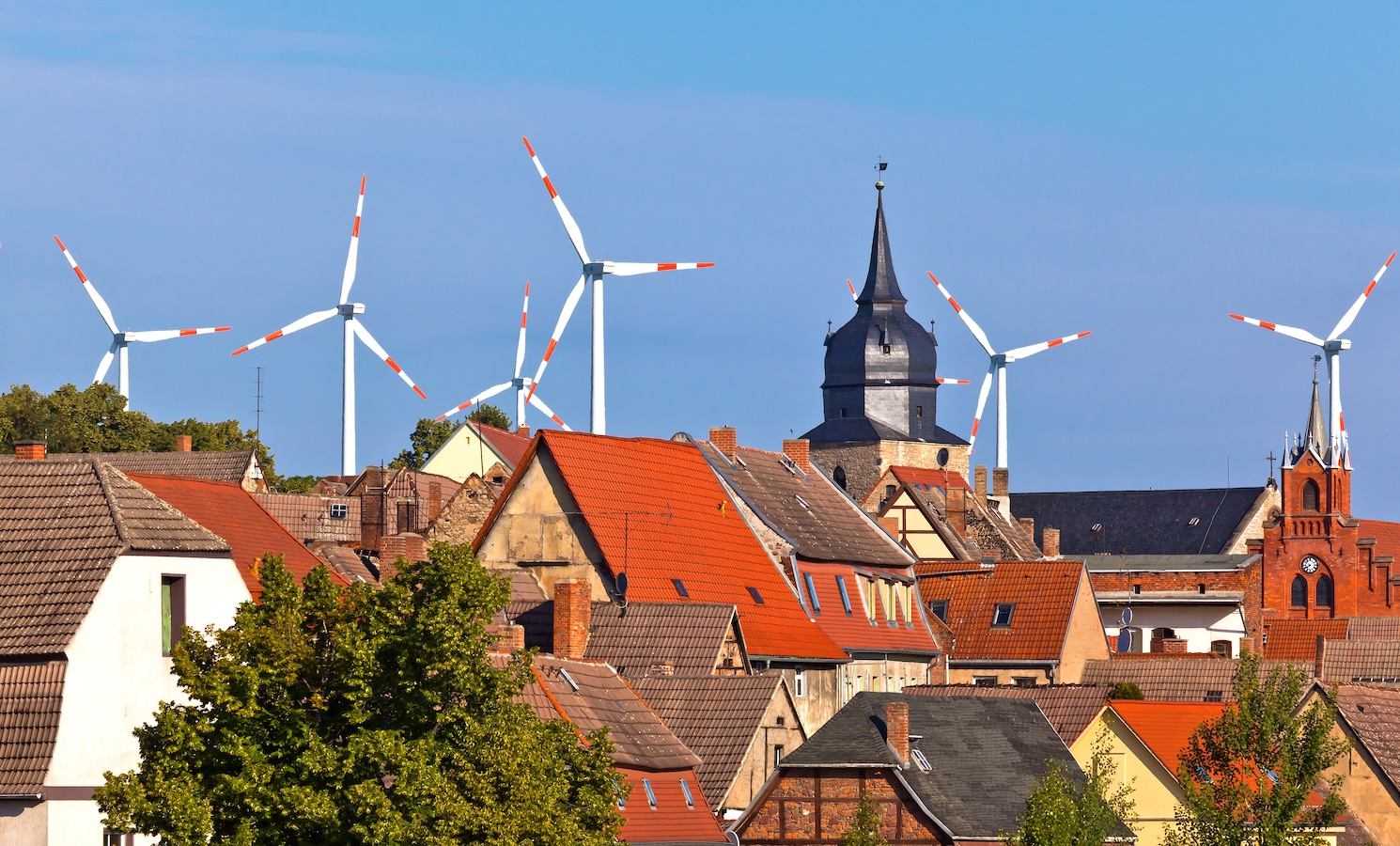Many Germans voted for change in the country’s February 23 elections, following a second consecutive year of economic contraction. In defeating Chancellor Olaf Scholz’s centre-left Social Democratic Party (SDP), Friedrich Merz’s right-wing Christian Democratic Union (CDU) party secured 28.52 percent of the vote and 208 seats in the Bundestag.
The election, though, will likely be remembered not for Merz’s victory but for what happened down ballot:
- Alternative for Deutschland (AfD), an extreme far-right party that openly espouses neo-Nazi sentiments and denies the existence of human-caused climate change, came in second, with 20.8 percent of the vote. AfD now holds 152 seats, up from 83 in 2021.
- A socialist left party, Die Linke party, also won more seats, with eight percent of the vote.
- Die Grünen, the German Greens, lost seats; only 11.61 percent of voters backed the party.
For business, these results are significant. As Europe’s largest economy falters, and climate is becoming a polarizing issue in a country long considered a leader on clean energy, right-wing German politicians frequently pit environmental action against economic growth. For CSOs and others on the sustainability front lines, this evolving situation will likely require changes in strategy and tactics.
Already, CSOs are seeing fewer sustainability roles advertised and environmental work increasingly absorbed into other departments. And, as far-right parties gain influence, some think businesses will have to become more publicly political. Indeed, some German companies are abandoning traditional positions of neutrality to voice political opinions.
Across the continent
Many think this wave of “greenlash” in Germany and the European Parliament was inevitable.
More right-wing politicians joined the European Parliament last summer, many campaigning on the promise of rolling back the EU’s environmental regulations. Some were responding to the protests of European farmers, who blocked city streets with tractors to challenge elements of the European “Green Deal,” a set of policies intended to make the bloc carbon neutral by 2050.
Environmental policies are already being reassessed and weakened. The phase-out of the internal combustion engine, originally set for 2035, has been called into question; the EU Deforestation Regulation is delayed and the EU Emission Trading Scheme is expected to be reevaluated this year.
At the end of February, the European Commission published proposed changes to the Corporate Sustainability Reporting Directive (CSRD) that would see 80 percent fewer companies required to report and sector-specific reporting scrapped.
That said, not all European far-right parties deny climate change to the same extent as the AfD. Rather, their problem is with carbon taxes, green energy subsidies and emissions regulations, which they deem to be the agenda of the “global liberal elite,” said Peter J. Bori, a PhD candidate in environmental politics and a researcher at the Democracy Institute of the Central European University.
“They accept that environmental degradation and some climatic changes are taking place,” Bori said. “But they tend to downplay the extent to which it is caused by human economic activity or understate the urgency of taking action against it. When they do see humans as responsible, they tend to externalize the blame to ‘others’ — such as immigrants, foreigners, neighboring countries.”
Climate denial gaining
Although extreme-right politicians on the continent have been successful — think: Le Pen in France, Salvini in the Netherlands, and Meloni in Italy — Germany was for a long time the exception. “This is now changing,” said Daniel Freund, a Green MEP in Germany.
The AfD is now a far more influential parliamentary force, with the power to water down Germany’s climate policies. The party’s leader, Alice Weidel, has suggested she wants to “tear down” Germany’s wind farms and rejects the European Green Deal
Read More

